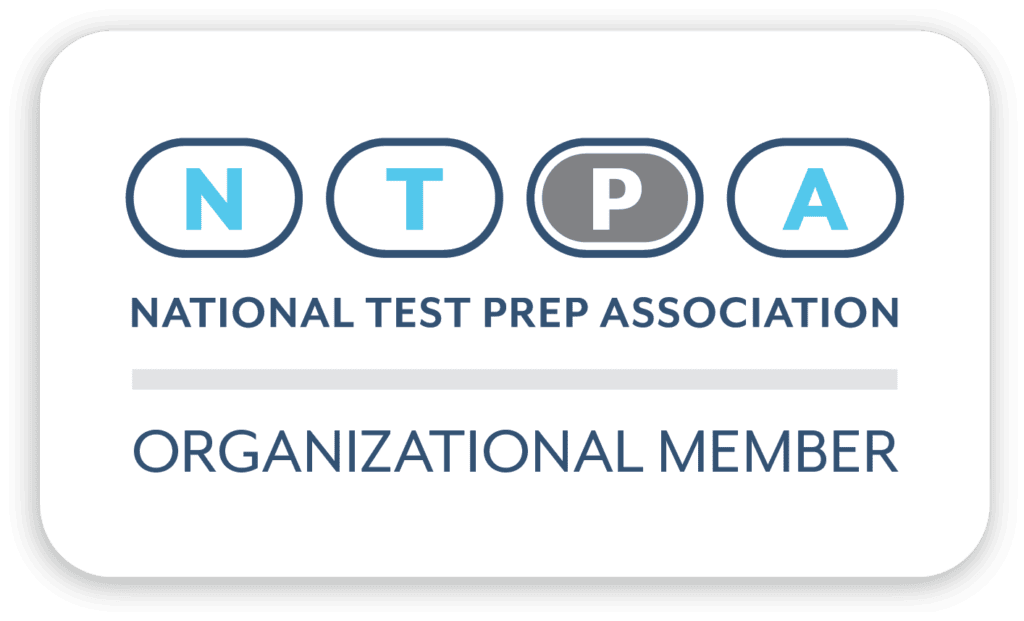Being a teen is stressful as-is, and when you add in the compounded stressors of standardized tests, finals, end-of-year projects, social situations, and planning for summer it can be downright overwhelming. Many teens suffer more stress than we do as adults. At least now we recognize these stressors as real and sometimes even debilitating, and there are multiple resources that can help, including, importantly, professional talk therapy and sometimes even medication.
For less serious cases, many of us are well-aware of anti-anxiety methods such meditation, breathing, and visualizing positive results of challenging situations. But how many of us have tried journaling to control anxiety? Research shows that just 15-20 minutes a day spent journaling responses to directed prompts can curb negative self-talk and develop positive attitudes that will improve performance in stressful situations and outlook in general.
Here are 14 daily prompts–enough for two weeks–that teens can respond to in journal form to feel more assured and confident. The writing is to be done extemporaneously with absolutely no focus on style, punctuation, etc. It’s for the writer only! Also, if something gets too “heavy,” the writer should skip that topic for now, and just note that it’s something to address.
Day One
List things you’re concerned about, skipping a line or two between each. Don’t reflect on them–just list them.
Day Two
Compare and contrast what is happening right now in three areas of your life to what you are afraid will happen down the road[c].
Day Three
Take one stressor you are suffering from right now. List how it’s affecting you now, what you think may happen next, and what that will result in later. Repeat for two more.
Day Four
Review what you have written thus far. Create a list of options to address each concern and/or stressor. Where could you seek help? What could you do differently? Can you change your thoughts about that stressor? Do you just have to accept something you cannot change?
Day Five
Review your predictions of what will happen next (Days Two and Three entries). Pretend it is your friend who has these stressors, and advise that friend.
Day Six
Record additional stressors your friends have that you are not currently dealing with yourself. Counsel that person on how to cope or change situations. Counsel that person on how best to accept what isn’t possible to change.
Day Seven
Do you believe that everything happens for a reason? Answer that question in full. Then imagine that a senior friend just learned that she didn’t get into the college she was dreaming of attending, and will have to choose another school. What might be a good result of that change of plan?
Day Eight
No matter what you concluded yesterday, be aware that some people are certain that everything happens for a reason. Go back to Day One and compose one positive outcome that could result from every problem currently weighing on you, writing it on the lines beneath your concerns. Sometimes it will just be that you develop strength or learn lessons from not achieving something or not receiving exactly what you think is necessary to create happiness.
Day Nine
Choose one worry you currently have. Visualize a positive outcome and describe it happening. Will it change your life?
Day Ten
Write five positive qualities you possess and five people for whom you are grateful. Explain how one of these qualities and one of these people change your life.
Day Eleven
Choose or imagine two people who are grateful for you. From their perspectives, write about how you contribute to their lives.
Day Twelve
List anything that happened today that was a success–something as small as completing an assignment or getting someplace on time to something more significant.
Day Thirteen
Write a thank you note to yourself for several things you have done for yourself in the past two weeks.
Day Fourteen
Review all your journaling thus far. How do you feel about everything you’ve written? Write about both your emotional and your physical responses.
Interested in having your teen try more? Our Senior Tutor Lisa Paige trained with the Institute for Therapeutic Writing and Writing for Wellness researcher and founder John Pennebaker, and can tailor prompts for your teen and help guide journalers forward. Also check out this blog by John Evans, EdD, who has years of experience working with writing to reduce anxiety.






